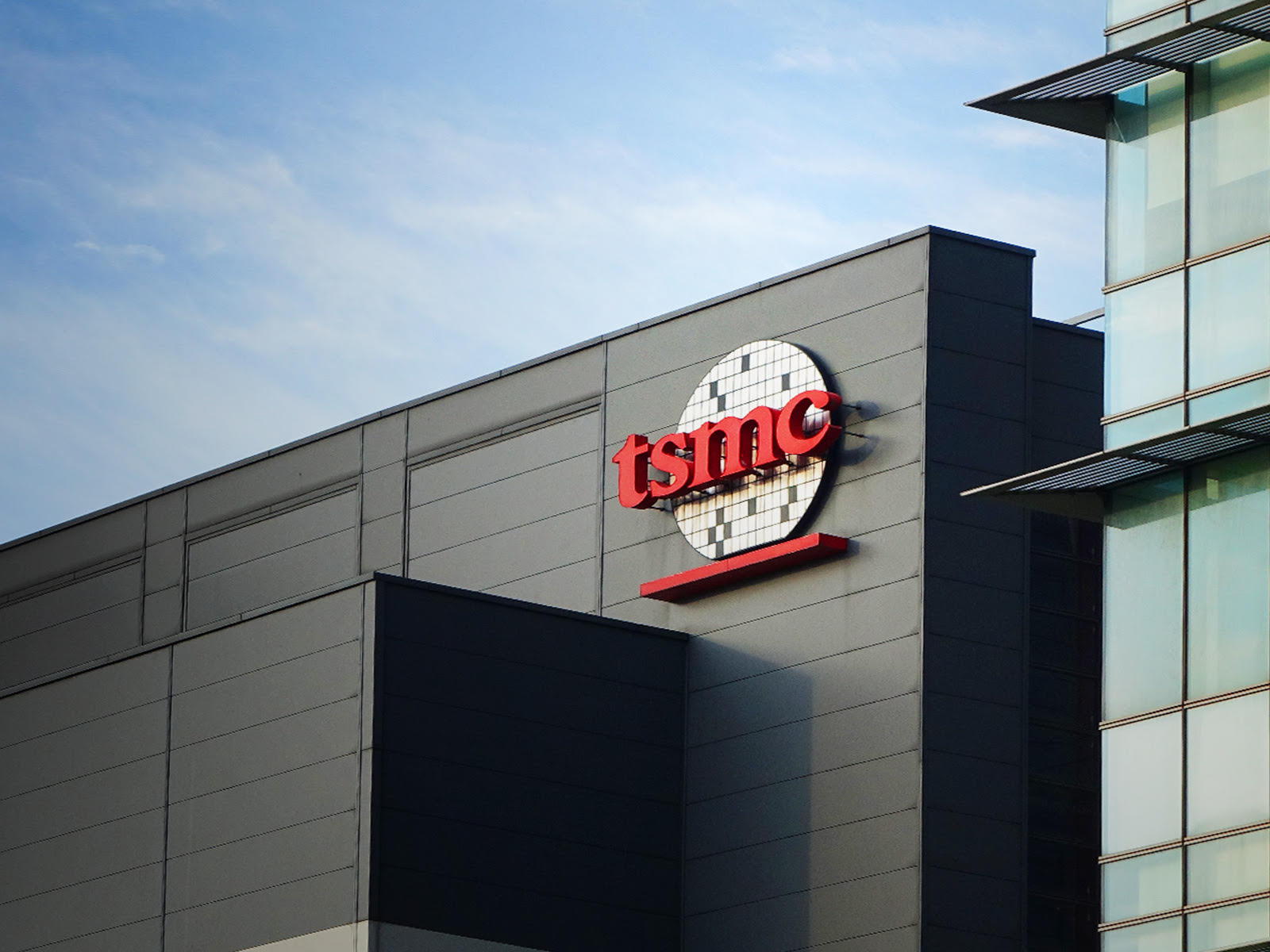

Image credit: TSMC
Chinese attempts to obtain the latest and most powerful AI chips is back in the news headlines, after an intervention by Taiwan Semiconductor Manufacturing Company (TSMC).
Reuters reported that TSMC as saying on Tuesday it has informed the United States of a potential attempt by Huawei to circumvent US export controls prohibiting the chipmaker from producing AI chips for the Chinese company.
It comes after a US think tank (Washington DC-based Information Technology and Innovation Foundation), warned last month that China was rapidly “closing the gap” with the US on artificial intelligence, with strong academic institutions and innovative research.
It comes after the US in October 2022 had banned the export of the Nvidia A100 and more powerful H100 chips to mainland China and Hong Kong.
Then in October 2023 the US also banned export of the slower A800 and H800, which had been specifically developed for sale to China.
At the time the US Commerce Department, which oversees export controls, said it plans to continue updating its restrictions on technology shipments to China as it seeks to bolster and fine-tune the measures.
But in January 2024 it was reported that high-end Nvidia AI chips had been purchased by Chinese military organisations, state-run AI research institutes and universities over the past year in spite of US export controls.
In June 2024 the Biden administration reportedly began considering further restrictions for China on a cutting edge hardware architecture known as gate-all-around (or GAA).
Then new controls on ASML deep ultraviolet (DUV) chipmaking tools were instituted by the Dutch government in September, which will force the company to apply for a licence to service or sell spare parts for existing DUV machines sold to Chinese companies that have since come under restrictions, creating fresh challenges for China’s chip efforts.
The Chinese government criticised the Netherlands’ decision at the time, and touted two domestically produced DUV machines that it said “have achieved significant technological breakthroughs, own intellectual property rights but have yet to perform on the market”, according to the Ministry of Industry and Information Technology (MIIT).
Now according to the Reuters report, TSMC has reported informed the United States of a potential attempt by Huawei to circumvent US export controls.
“We are not aware of TSMC being the subject of any investigation at this time,” the company said in a statement, adding that it has not supplied to Huawei since mid-September 2020.
A crucial element of American export controls is a rule prohibiting global chip manufacturers from utilising US technology or equipment to produce chips intended for Huawei or its products.
TSMC reportedly informed the US Commerce Department after a customer placed orders for a chip similar to Huawei’s Ascend 910B, a processor designed for large language model training, the Financial Times reported, citing people familiar with the matter.
The Commerce Department and Huawei did not immediately respond to Reuters requests for comments.
TikTok opens e-commerce shopping in Germany, France, Italy as US future remains uncertain over divest-or-ban…
Discover expert insights on overcoming digital transformation challenges. Learn how to manage change, balance innovation,…
Microsoft drops data centre projects amounting to 2 gigawatts of power consumption as investors question…
SMIC sees revenues rise 27 percent for 2024, but profits fall nearly 50 percent amidst…
Google reassures developers Android to remain open source as it brings development entirely in-house, reduces…
NHS software services provider Advanced Computer Software Group fined £3m over ransomware breach that compromised…